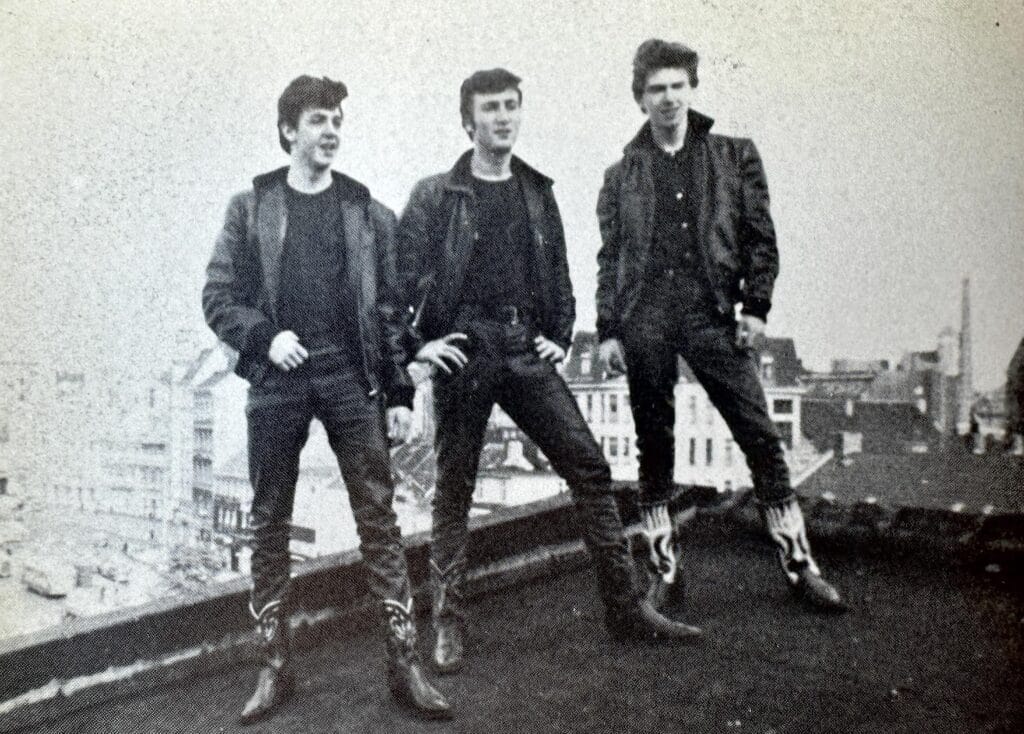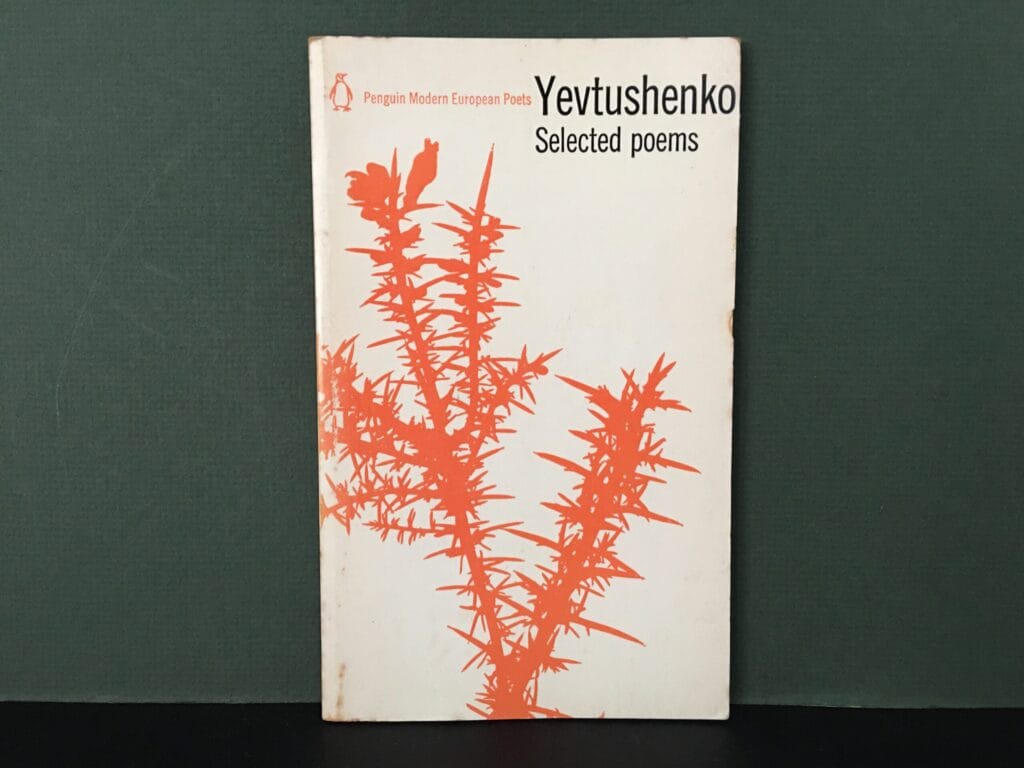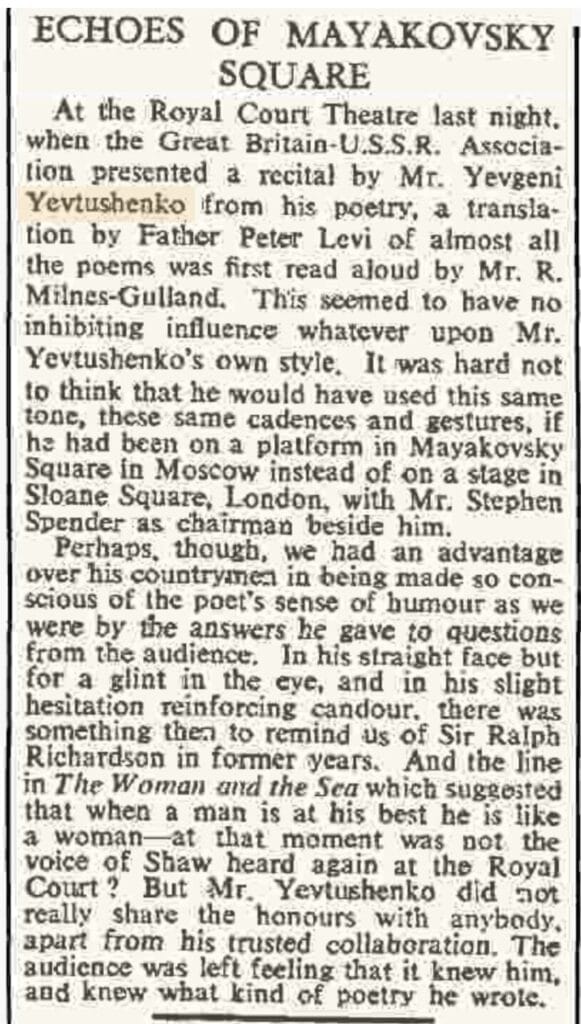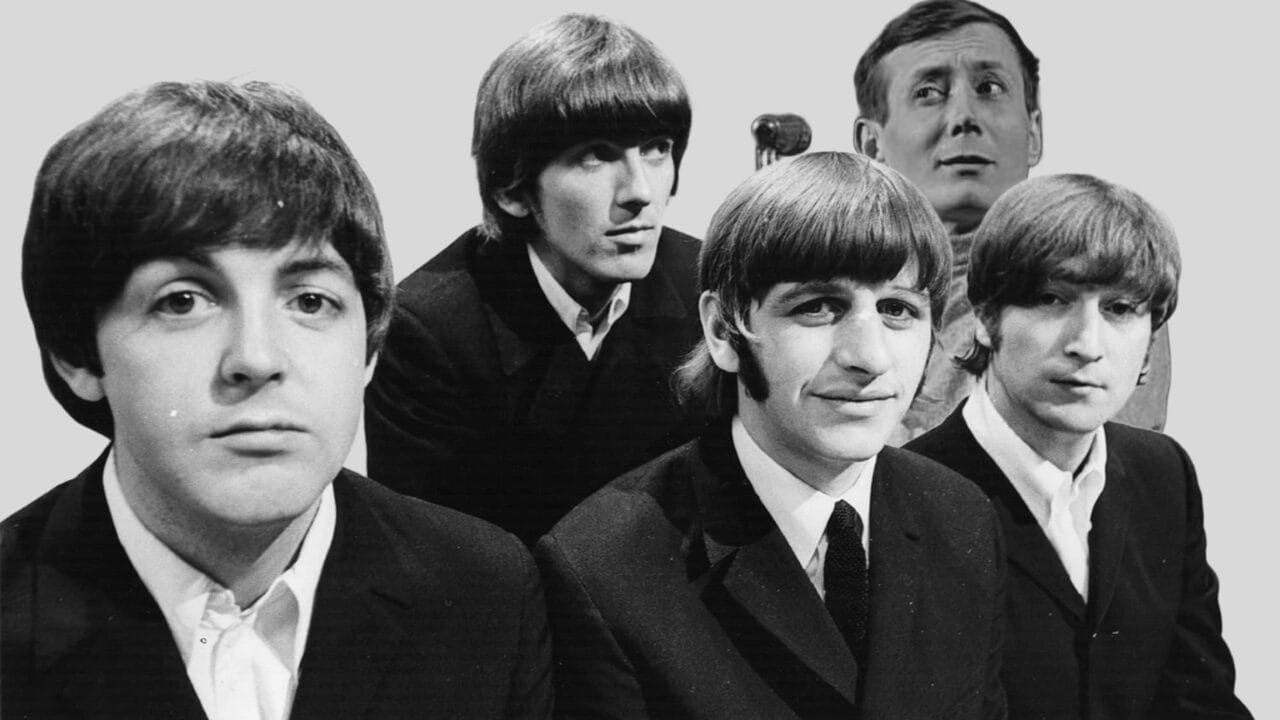Russian-language blogs are disseminating information that members of the Fab Four read and loved Yevtushenko’s poems. The poet himself spoke about this more than once, who even wrote the poem “The Ballad of the Fifth Beatle” (meaning himself). We decided to check the reliability of such publications.
June 18, 2025 Facebook user Evgeniy Demenok published entry with a quote attributed to Paul McCartney: “The Beatles were distinguished by the fact that they were not vulgar. We were like members of an art circle; this feeling did not leave us after Hamburg. I remember we made fun of the saxophonist from another group. When he knocked on the door, I grabbed a volume of Yevtushenko and began to read out fragments, and everyone around sat and listened, as if delving into it... The saxophonist quietly crawled in, apologized, just as quietly sheathed his saxophone and silently got out. We howled. But it was this kind of audacity that allowed us to feel different from the others.” This publication was widely distributed and was reposted by an American historian, among others. Ivan Kurilla and journalist Anna Narinskaya.
A post that went viral on Facebook quotes a fragment from an article about McCartney Field in the Russian-language Wikipedia, and she, in turn, refers to book Barry Miles' Paul McCartney: Many Years from Now, released in 1997. The publisher's blurb states that the book is based on hundreds of hours of exclusive interviews that Miles conducted with McCartney over five years. There really is a scene with Yevtushenko's volume. Moreover, McCartney told the same story in other interviews with journalists, in particular for the book “The Beatles Anthology"and magazine Fi.

In one of interview Evgeny Yevtushenko said:
“During the Beatles’ first continental tour, where they went with their mothers, Paul McCartney’s girlfriend gave him a book of my poems, translated into English, bought in Hamburg. It was the collection "Station Winter". And McCartney liked my poems so much that the whole group began to read them before each time they went on stage! We charged ourselves with poetry for the necessary courage! And I was in Rome at that time. The excitement surrounding the Beatles' tour is wild! The Prime Minister of Italy had an invitation to a concert for only one person, his wife threw a scandal, and he gave it to me. Nothing could be heard in the hall, everyone was screaming incessantly. Of course, I heard the Beatles in the Union and fell in love with these guys. They grew up in poor families. Sang good songs. And throughout the tour they did not part with my book. It turns out that I was their fifth!”
The poet repeated this same story many times with slight variations during his speeches before reading the poem "The Ballad of the Fifth Beatle"

In the early 1960s, Yevgeny Yevtushenko was at the peak of his popularity. He was known both in the USSR and abroad. In 1962, the British publishing house Penguin Books released a collection of his poems in the series “Modern European Poets” (it also published, for example, collections by Anna Akhmatova, Guillaume Apollinaire, Rainer Maria Rilke, etc.). The book was a success, as evidenced by several reprints. At London's Royal Court Theater to celebrate its release took place Yevtushenko's creative evening.

Therefore, it is not surprising that the collection fell into the hands of the young Paul McCartney. However, the assertions that The Beatles did not part with Yevtushenko’s book while on tour are not accurate. The poet, in his speeches, apparently relied on McCartney’s story in the Russian translation of “The Beatles Anthology”. It said (in the context of meeting Bob Dylan and their shared love of poetry):
“We have always been interested in such things. There was something of the students in us. We made fun of other groups who weren't interested in anything like that. Once in Hamburg, a book of Yevtushenko’s poems fell into my hands. A friend sent it to me. We sat in the locker room where everyone kept their saxophones and equipment. We were waiting to leave when a saxophonist from another group knocked and asked permission to enter. We said: "Come in! Come in!" We sat in different positions, and I read: “A yellow flower mindlessly decorates the green steps.” And the guy walked past us almost on tiptoe: “Sorry, I didn’t want to interfere...” The fact is that the book of poems was part of our equipment for us. That’s what we all loved—art.”
In the original, the ending of the story sounded a little different: “The point was that we had a book of poetry; it was part of our equipment. It was part and parcel of what we all liked - art” (“The point is that we was book of poems; it was part of our equipment. An integral part of what we all loved - art." That is, obviously, by part of the equipment McCartney did not mean a specific collection of Yevtushenko, but poetry in general (in the Anthology, he names Dylan Thomas as the most important poet for The Beatles). In the story, McCartney could not reproduce from memory a real quotation from Yevtushenko and cited someone else’s or simply fictitious lines - “Verified” did not find any yellow flowers on the green steps in Yevtushenko’s original poems and their English translations. Telling the same story in a magazine interview Fi, McCartney ironically noted that Yevtushenko's volume in Hamburg was a pleasant alternative to Der Spiegel magazine.
Thus, Paul McCartney actually read at least once (including aloud to his bandmates) a collection of poems by Yevgeny Yevtushenko. He repeatedly cited this episode in his interviews. However, he and the other members of The Beatles never mentioned other times when they read Yevtushenko, nor did they talk about their relationship with the Russian poet and his possible influence on their work. They cited British poet Dylan Thomas as their main source of poetic inspiration.
Cover photo: collage “Checked”
Read on topic:
- Is it true that The Beatles secretly came to the USSR?
- Is the story true about John Lennon and his mother who said, “The key to life is happiness”?
- Five legends about John Lennon
If you find a spelling or grammatical error, please let us know by highlighting the error text and clicking Ctrl+Enter.






